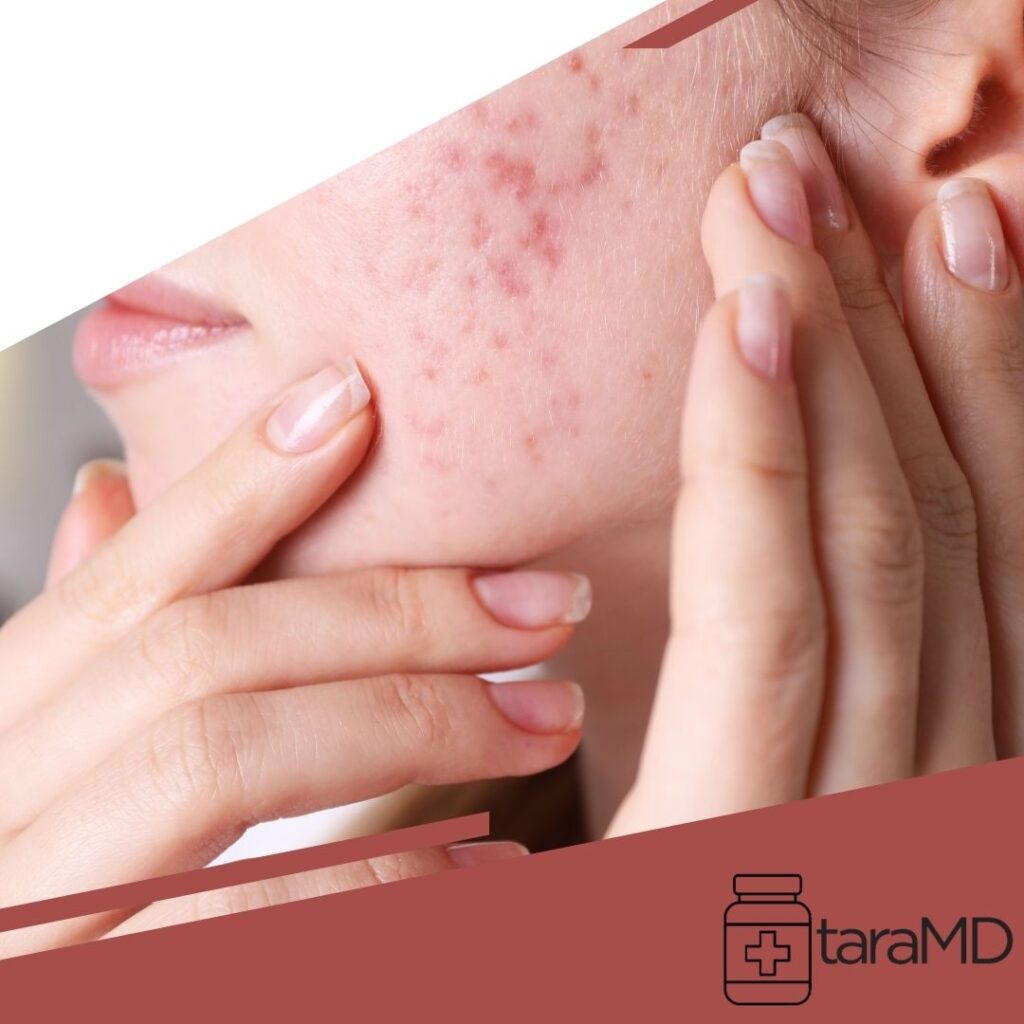Adolescence is a time of change, and unfortunately, for many teens, that includes dealing with acne. Acne can be frustrating, especially when it affects self-esteem and confidence. While it’s normal to experience breakouts during this stage of life due to hormonal fluctuations, the good news is that there are plenty of effective treatments available to help manage and reduce acne. In this guide, we’ll explore the best acne treatments for teens, focusing on both over-the-counter options and professional solutions.
1. Understanding Teen Acne
Teen acne is primarily caused by an increase in hormones during puberty. These hormones, especially androgens, stimulate the sebaceous glands in the skin to produce more oil, which can clog pores and lead to acne. Acne can appear in the form of blackheads, whiteheads, pimples, cysts, or pustules. Common areas affected include the face, chest, and back. While acne can resolve over time, many teens seek treatment to prevent scarring and reduce breakouts during these formative years.
2. Over-the-Counter (OTC) Treatments for Acne
When it comes to treating teen acne, over-the-counter products can be an effective first line of defense. Here are some of the most common and effective ingredients:
- Benzoyl Peroxide: This ingredient works by killing acne-causing bacteria and helping to reduce inflammation. It’s available in various strengths, with 2.5% to 10% being the most common in OTC treatments. Benzoyl peroxide can be found in gels, creams, and cleansers.
- Salicylic Acid: Salicylic acid is a type of beta hydroxy acid (BHA) that helps to unclog pores and exfoliate the skin. It can be found in cleansers, spot treatments, and even acne pads. Salicylic acid is particularly useful for blackheads and whiteheads.
- Retinoids: Topical retinoids, such as adapalene, can help by speeding up skin cell turnover and preventing clogged pores. Retinoids are often included in creams, gels, and even some combination products that address multiple causes of acne.
- Sulfur: This ingredient helps to reduce oiliness and draw out impurities from the skin. While not as common as benzoyl peroxide or salicylic acid, sulfur-based products are sometimes used for mild acne.
These OTC treatments are available in many forms, including cleansers, toners, gels, and creams. When using any acne treatment, it’s essential to start with a lower concentration to avoid irritation and gradually increase the strength as needed.
3. Prescription Treatments for Acne
In more severe cases, or when over-the-counter treatments don’t work, teens may need to see a dermatologist for prescription-strength solutions. These may include:
- Topical Antibiotics: For more inflamed acne, dermatologists may prescribe topical antibiotics like clindamycin to reduce bacteria and inflammation on the skin.
- Oral Antibiotics: For moderate to severe acne, oral antibiotics such as doxycycline or minocycline can help reduce acne-causing bacteria and inflammation throughout the body.
- Oral Contraceptives: In some cases, birth control pills can help regulate hormones that contribute to acne. Certain birth control pills are FDA-approved for acne treatment in females, as they can help balance hormone levels and reduce oil production.
- Isotretinoin: For severe cystic acne that doesn’t respond to other treatments, a dermatologist may prescribe isotretinoin (formerly known as Accutane). This medication works by reducing oil production and preventing clogged pores. However, due to its potential side effects, it is typically only prescribed when other treatments have failed.
4. Lifestyle Changes and Skincare Habits
In addition to using topical treatments and medications, lifestyle changes can also play a significant role in managing teen acne:
- Consistent Skincare Routine: Cleansing the face twice daily with a gentle, non-comedogenic cleanser can help prevent breakouts. Avoid scrubbing the skin too harshly, as this can irritate the skin and worsen acne.
- Moisturizing: Even oily skin needs moisture. Using a lightweight, oil-free moisturizer can help keep the skin hydrated and prevent the overproduction of oil.
- Dietary Adjustments: Some studies suggest that foods with a high glycemic index, such as sugary snacks and processed foods, may contribute to acne. A balanced diet with plenty of fruits, vegetables, and whole grains may help support healthier skin.
- Stress Management: Stress can trigger or worsen acne in some teens. Engaging in stress-reducing activities like exercise, meditation, or spending time with friends can help manage acne.
Managing Teen Acne for Clearer Skin
Teen acne is a common but manageable condition. The right treatment, whether over-the-counter or prescription, combined with good skincare habits, can help reduce breakouts and prevent scarring. If OTC treatments aren’t enough, seeing a dermatologist for more personalized care is essential. With patience, consistency, and the right approach, teens can successfully manage acne and enjoy clearer, healthier skin. If you or your teen are struggling with acne, don’t hesitate to seek professional advice and begin a treatment plan today
Read more:

